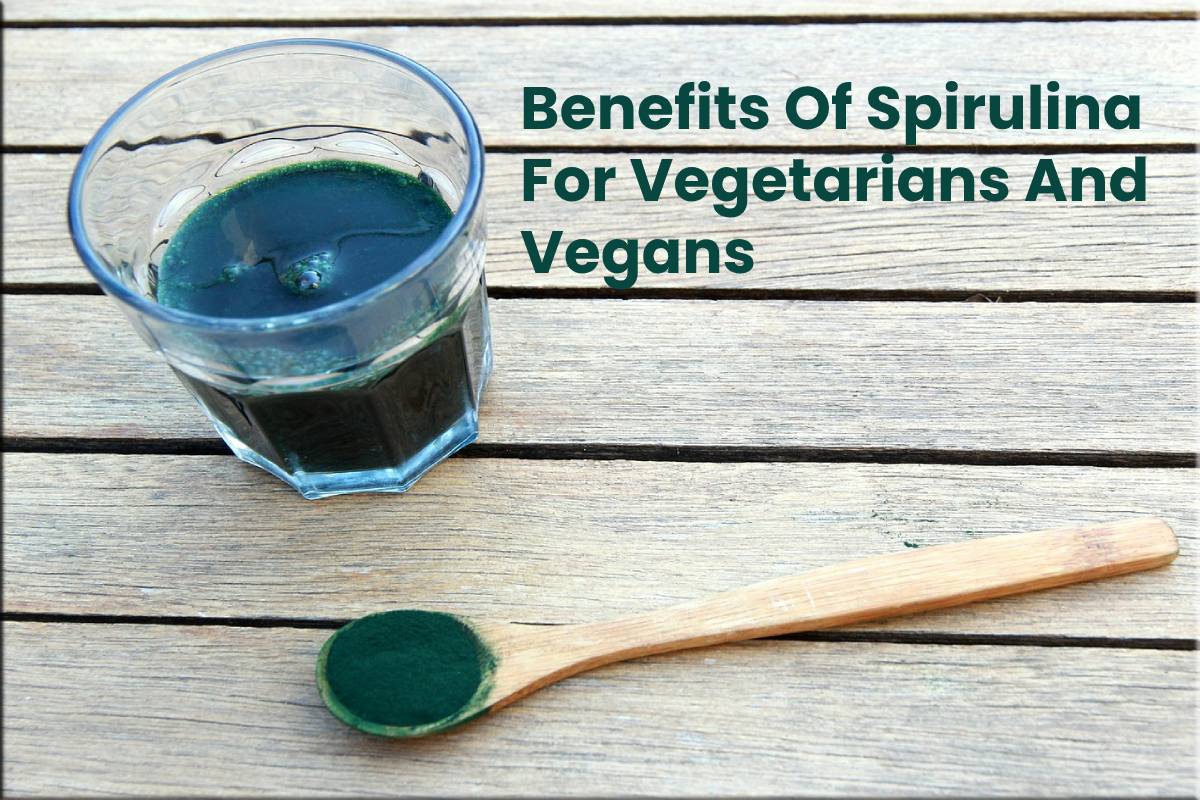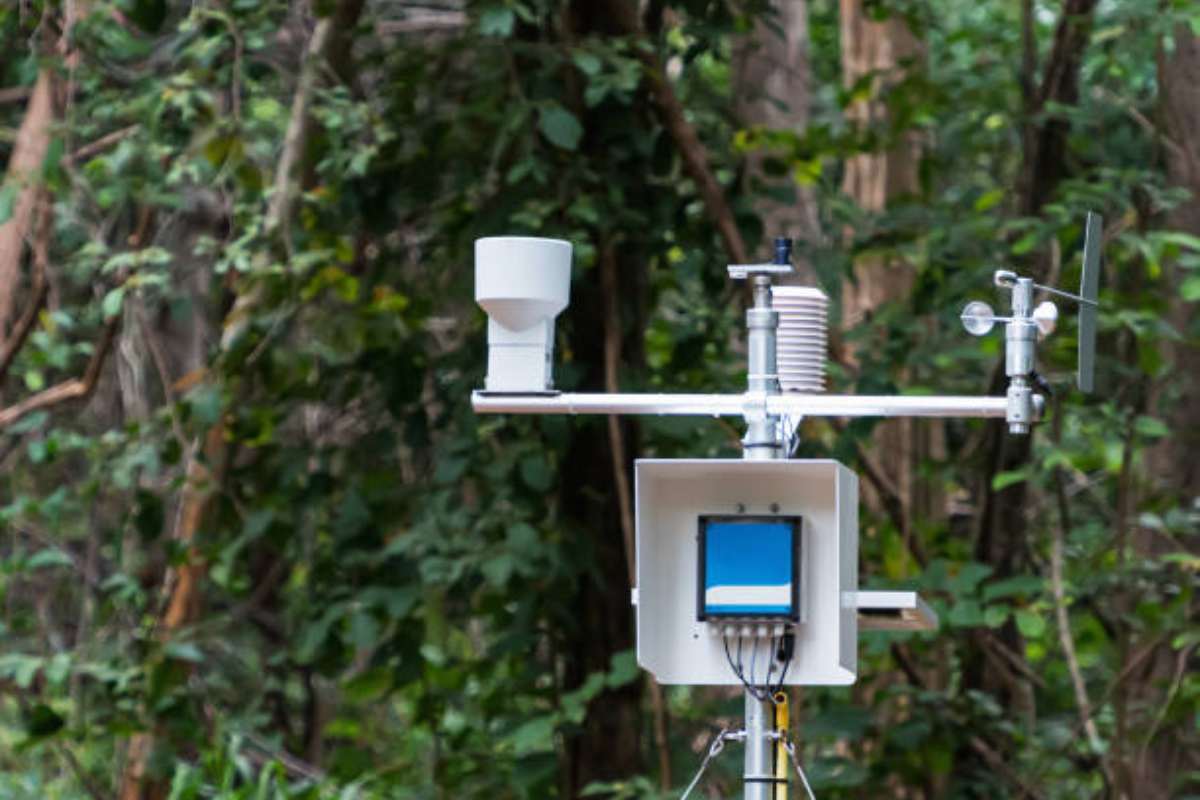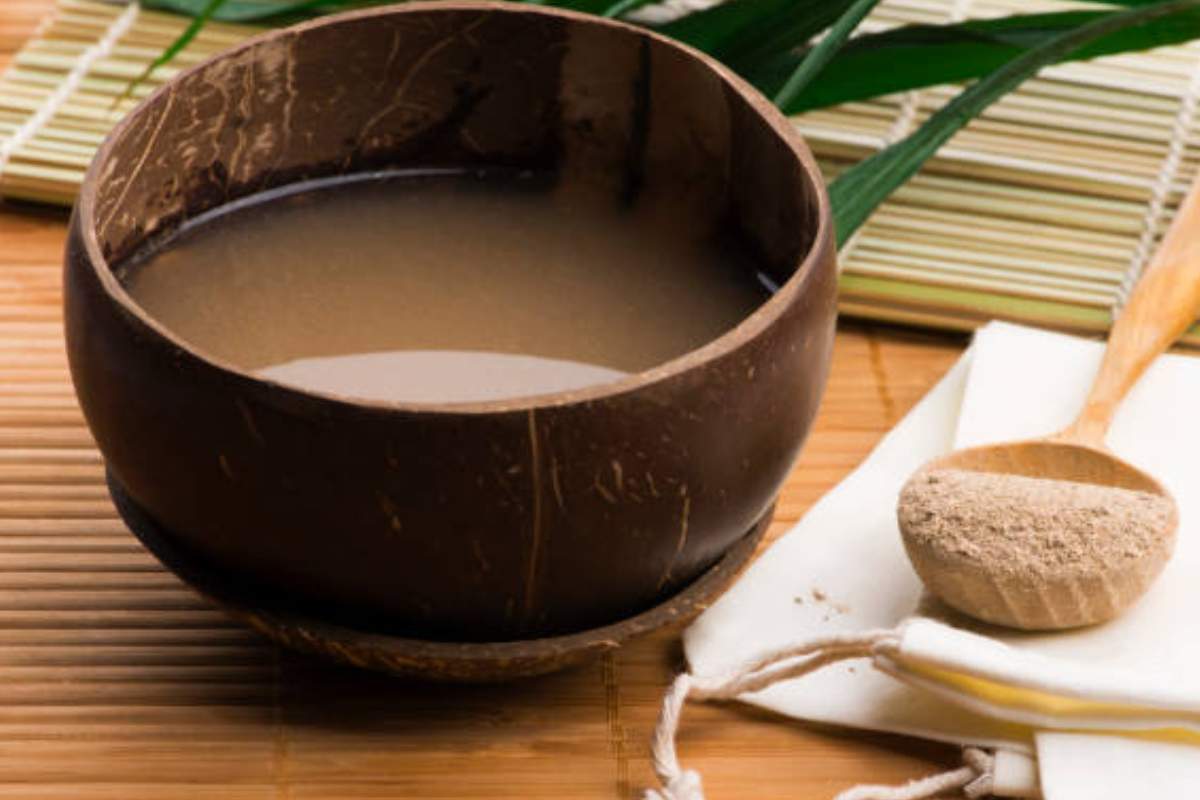Spirulina is a blue-green algae that became popular for its nutritional content. Although it does not have super properties. It is considered a valid supplement for vegetarian and vegan diets. Why?
Spirulina is a type of seaweed that distributed as a dietary supplement, especially for vegetarians and vegans. Much said about its health benefits, but some of the claims made about it have now denied.
It is not a superfood as previously thought, nor does it have therapeutic potential to combat disease.
Despite this, it recognized that its nutritional composition could help reduce the risk of certain deficiencies, especially in those diets where not all types of food included.
Table of Contents
Spirulina For Vegetarians And Vegans: What Are Its Benefits?
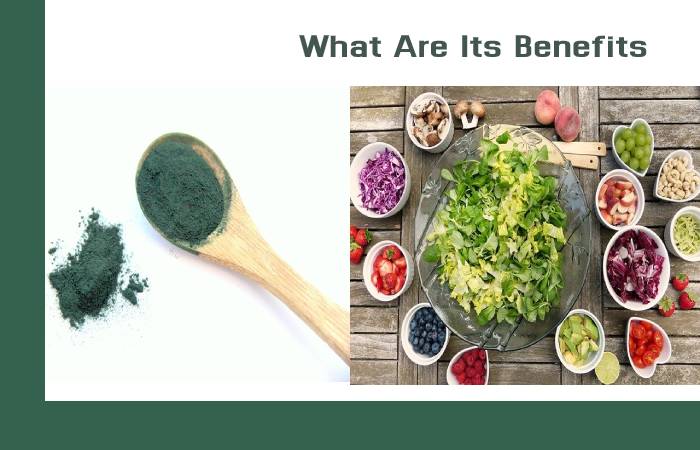
Both vegetarians and vegans are at-risk populations when it comes to nutritional deficiencies.
Although science agrees that the abundant consumption of plant foods is beneficial for health, diets based on these foods lack certain nutrients that are decisive for maintaining well-being.
Because of this, spirulina and other varieties of dietary supplements have a place within these diets.
Although by itself, it does not meet nutritional requirements, it does turn out to be a valid supplement to improve the quality of food.
What are the benefits of spirulina for vegetarians and vegans?
Helps Complement Protein Intake
One of the disadvantages of vegetarian and vegan diets is protein intake. Removing animal products from food means losing proteins of high biological value.
Those of plant origin have deficiencies in essential amino acids, apart from a lower digestibility.
Spirulina is a protein-containing algae. It presents a high percentage of them concerning its total composition. For this reason, it included in the framework of a vegan diet to seek to complete the protein intake.
In any case, it remains a protein of low biological value, lacking in some essential amino acids. For this reason, and when considering a plant-based diet.
It is necessary to include different foods, rich in protein, to save the limiting amino acids of each one.
Although it does not contain all the amino acids, spirulina can help supplement the protein intake in the diet of vegetarians and vegans.
It Is An Algae With Antioxidants
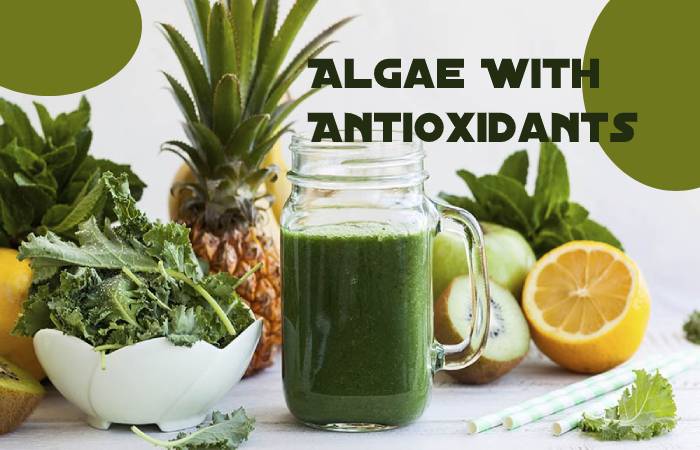
Many of the benefits of spirulina alga, not only for vegetarians and vegans but for everyone in general, are attributed to its antioxidant content.
As a review of articles published in the Journal of Applied Biotechnology Reports exposes, these substances can reduce the risk of disease.
Specifically, they are nutrients with the ability to reduce the formation of free radicals, which, in turn, are strictly related to aging. You can add the seaweed powder to green smoothies or get it in the form of tablets or capsules. Whatever it’s a form of administration, its antioxidant content does not vary.
Provides Vitamins Of Group B
Plant-based diets, whether vegan or vegetarian, are lacking in group B vitamins. Spirulina is an algae that characterized by providing vitamins from this group. Therefore, its consumption indicated in both vegan and restrictive diets.
However, the fundamental deficiency of vegan diets is vitamin B12. Spirulina contains it, but in a form that is not assimilable by the human body.
For this reason, the algae are not capable of meeting the requirements of said nutrient in vegans.
The best option to overcome this obstacle remains the supplementation or consumption of fortified foods, as explained in an article published in the American Family Physician magazine.
Contains Other Important Nutrients
In addition to the benefits above, which are vital for those who carry this type of diet, it is worth noting that spirulina contains other nutrients that are relevant for healthy eating.
Of course, their quantity is not enough to cover daily needs, but it can help.
According to information published in the database of food from the United States Department of Agriculture, 7 grams of this food supplement contains the following:
- 20 calories.
- 4.02 g of protein.
- 1.67 g of carbohydrates.
- 0.54 g of fat.
- 8 mg of calcium.
- 2 mg of iron.
- 14 mg of magnesium.
- 8 mg of phosphorus.
- 95 mg of potassium.
- 73 mg sodium.
In addition to providing protein and antioxidants, spirulina algae contain B vitamins, carbohydrates, and minerals.
Other Benefits Of Spirulina Algae
To date, there is no strong enough evidence to consider that spirulina can serve as a treatment for certain diseases.
However, as compiled by a study published in the medical journal Evidence-Based Complementary and Alternative Medicine, it is a safe food supplement, without significant side effects.
In general, and according to this source, it has shown potential as an anti-inflammatory, antioxidant, antiviral, antiproliferative, and immunomodulatory.
Thus, it believed to have positive effects on cardiovascular health, digestion, the immune system, among others.
Is It Safe To Add Spirulina To The Diet Of Vegetarians And Vegans?
It is important to note that spirulina not regulated by the Food and Drug Administration (FDA); however, a review published in 2014 highlights that it is well tolerated by most people, as long as it consumed in moderate doses.
The recommendations for consumption can come from the manufacturer of the supplement, or a professional. It is necessary to be careful when consuming it since, in excess, it is harmful.
An article published in the Journal of Agricultural and Food Chemistry, some cases of contamination by the accumulation of marine toxins detected.
Also, it is better to avoid its consumption in the following circumstances:
Children and pregnant or lactating women.
Patients with hyperuricemia, hyperthyroidism, or phenylketonuria.
People with liver diseases and autoimmune pathologies.
People who are under treatments that increase the risk of bleeding.
Spirulina is safe for most healthy adults. However, taking it in excessive amounts is not advised.
Spirulina, A Valid Food For Vegans
Spirulina is not going to fill the gaps in the vegan diet. Despite containing vitamin B12, it is not bioavailable. On the other hand, its proteins are not comparable to those of meat.
However, it is a food that included within this type of diet to provide variety and complete the supply of nutrients.
Despite having proteins of little biological value, the percentage they represent concerning the total product is high.
Likewise, it is an algae abundant in antioxidant compounds whose intake associated with a better risk of diseases in the medium and long term.
It is beneficial to include this ingredient in green juices, for example. Thus, a large number of micronutrients obtained in a small volume of food.
Regular intake of this type of preparation, within the framework of a balanced diet, can be beneficial for health.
However, it is not recommended to abuse its consumption. Some varieties of spirulina found contaminated with marine toxins.
A solution to avoid this danger is to use an extract of the seaweed, instead of its powder.
